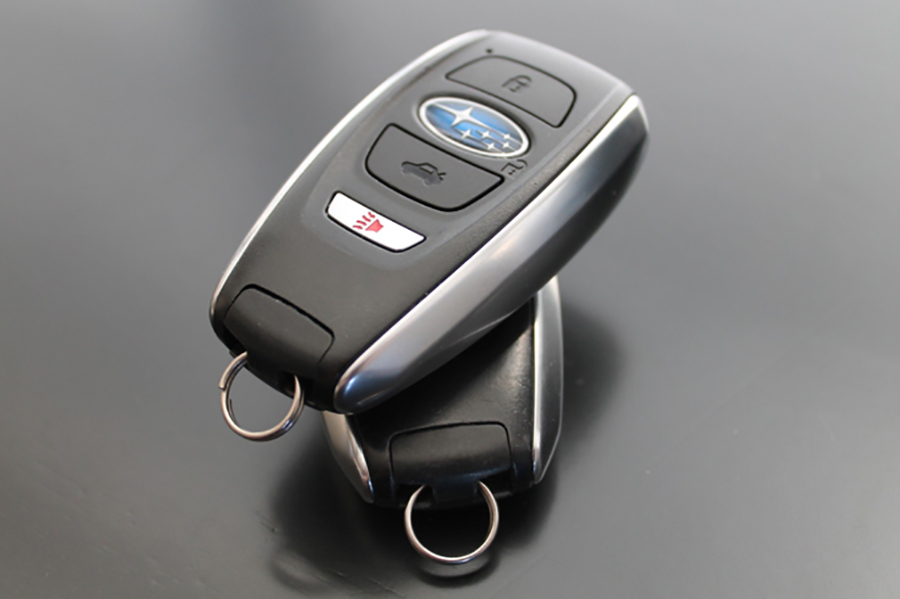A Beginner's Guide to Automatic Car Maintenance
Maintaining your automatic car is vital to ensure its longevity and optimum performance. Car maintenance might seem overwhelming for beginners, but with the right knowledge and tools, it becomes a manageable and enjoyable task. This guide aims to demystify the basics of automatic car maintenance, providing clear and practical steps that anyone can follow.

From routine checks to understanding warning signs, we hope to equip you with the confidence and skills to keep your vehicle running smoothly.
Routine Checks
Routine checks are the cornerstone of preventing major issues and ensuring your car remains reliable. Start with the essential fluid levels: engine oil, transmission fluid, coolant, brake fluid, and windshield washer fluid. Regularly checking and topping off these fluids can prevent engine damage, overheating, and brake failures. Always refer to your car’s manual for specific recommendations on fluid types and quantities. Know where to find things like automatic transmission parts or windshield washer fluid tanks. Additionally, check your tire pressure and tread depth at least once a month to ensure safe driving and maintain fuel efficiency.
Understanding Warning Signs
Being attuned to your car’s warning signs can save you from expensive repairs and unexpected breakdowns. One of the most obvious indicators is the illuminated warning lights on your dashboard. Each light corresponds to a different system, like the check engine light, oil pressure warning, or battery alert. Familiarize yourself with these indicators and take immediate action when they light up. Ignoring these warnings can lead to more severe problems and higher repair costs down the line.
Unusual sounds and vibrations are other critical warning signs. Sounds like squealing brakes, clunking transmissions, or knocking engines often signify underlying problems that need prompt attention. Similarly, if you notice unusual vibrations when accelerating, braking, or steering, it’s a clear sign that something is amiss. Often, these vibrations are caused by wheel alignment issues, brake problems, or worn-out suspension components. Addressing these issues early can prevent them from escalating into more significant and costly repairs.

Seasonal Maintenance
Seasonal maintenance ensures that your car is prepared to handle the challenges of changing weather conditions. In the winter, focus on your battery, tires, and windshield wipers. Cold weather can affect battery performance, so it’s crucial to check its condition before the temperature drops. Winter tires or all-season tires with good tread are essential for maintaining traction on icy and snowy roads. Additionally, ensure your windshield wipers are in good condition and refill your washer fluid with a solution that won’t freeze.
During the summer, the primary concerns are your cooling system and air conditioning. High temperatures can cause your engine to overheat, so it’s vital to check your coolant levels and the condition of your radiator. Make sure the coolant mixture is correct for your vehicle. The air conditioning system also needs to be in top shape to provide relief from the heat. Check for any leaks in the system and ensure that the refrigerant levels are adequate. Routine seasonal checks can help you avoid discomfort and keep your car running efficiently year-round.
Proper maintenance of your automatic car is not only crucial for extending its lifespan but also for ensuring your safety on the road. By regularly performing routine checks, understanding and responding to warning signs, and adhering to seasonal maintenance guidelines, you can prevent many common issues and keep your vehicle running efficiently.
Armed with the knowledge and tips provided in this guide, even beginners can approach car maintenance with confidence and ease. Remember, a well-maintained car is a reliable car, and taking the time to care for your vehicle will pay off in the long run with fewer repairs, better performance, and overall peace of mind. Happy driving!